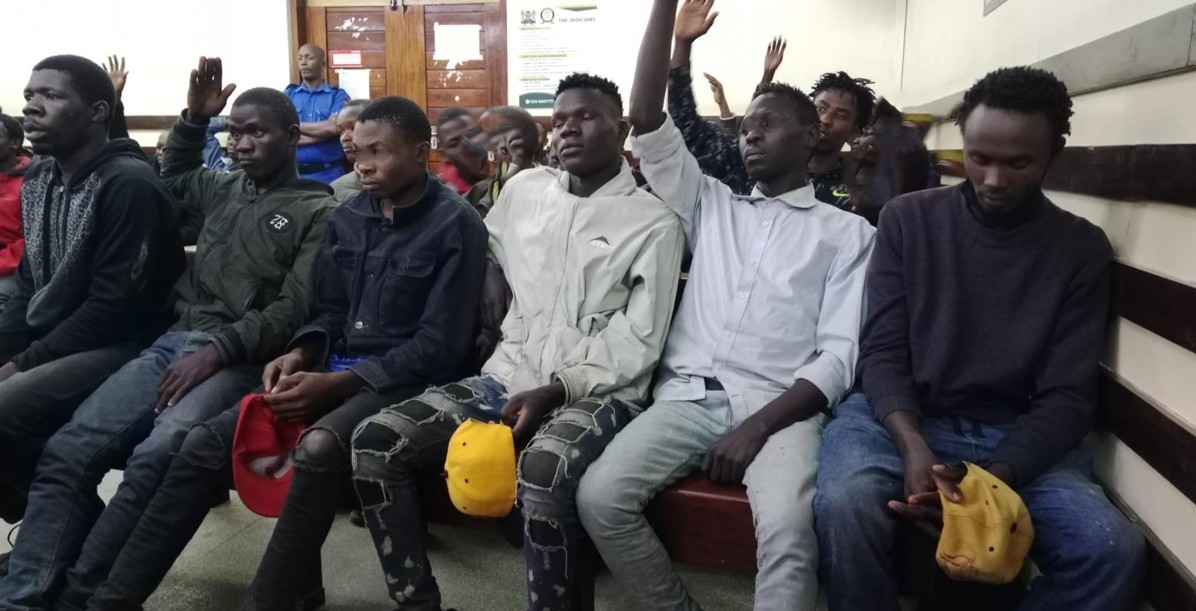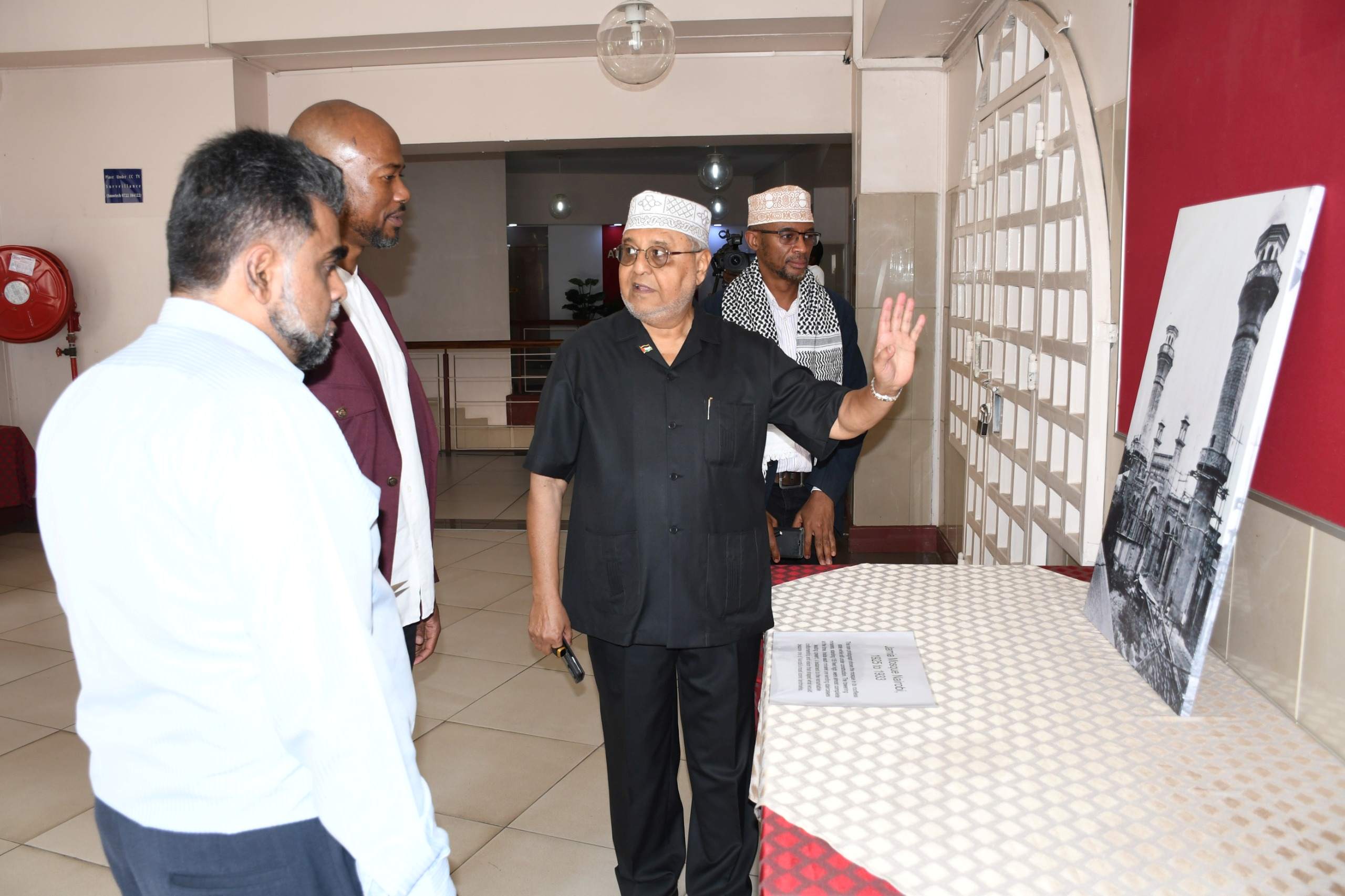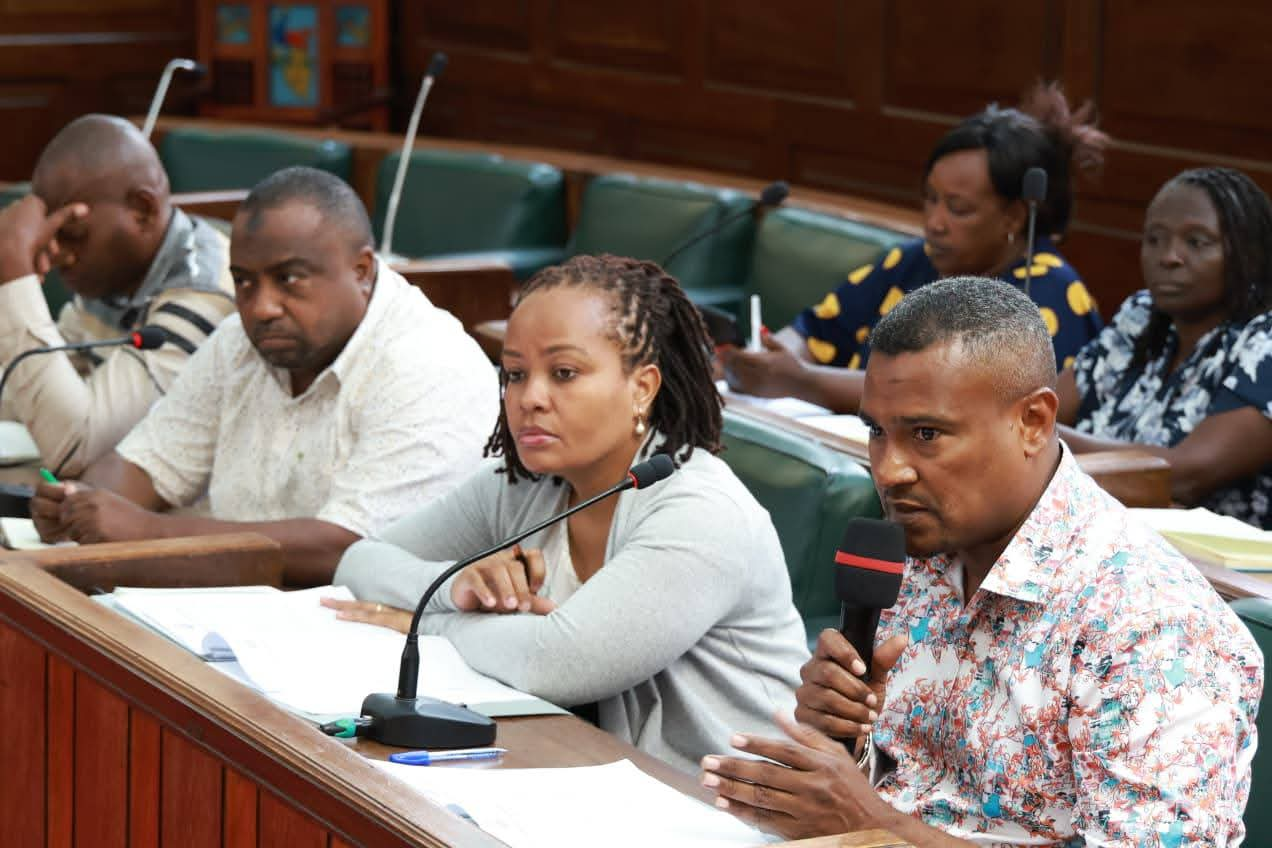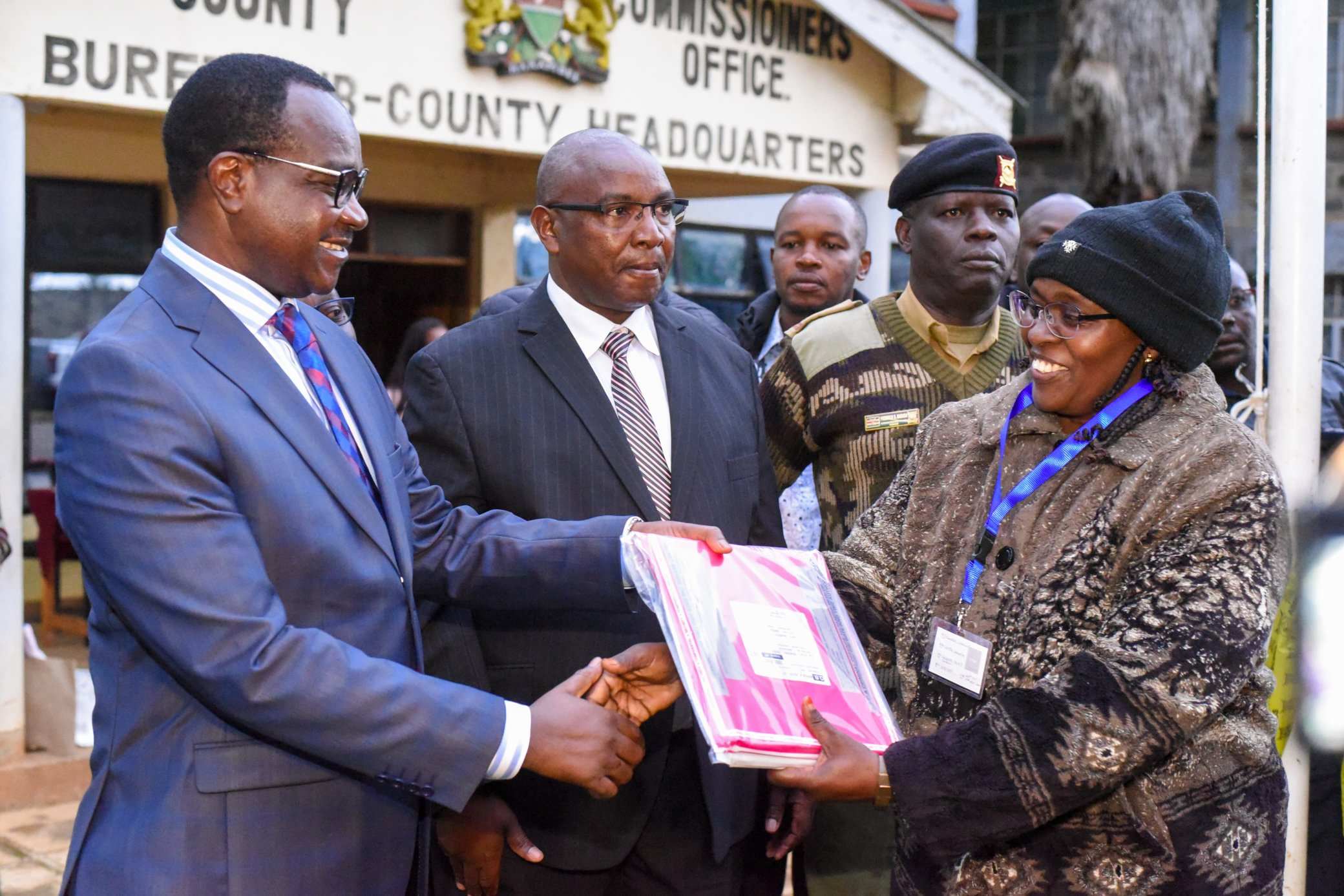Mashujaa Day: President Ruto champions UHC despite tax burden concerns
During the Mashujaa Day celebrations at Kericho County, President Ruto explained the necessity of enacting four bills associated with Universal Health Coverage
During the Mashujaa Day celebrations at Kericho County, President Ruto explained the necessity of enacting four bills associated with Universal Health Coverage (UHC), despite concerns about the increased tax burden on an already financially strained population. The bills include the Primary Health Care Bill, Facility Improvement Financing Bill, Digital Health Bill, and the Social Health Insurance Bill, which now require formal sector employees to contribute 2.75% of their salaries, ranging from Sh300 to Sh5,000.
Ruto emphasized that the new laws aim to ensure healthcare access based on individual requirements, rather than financial status. He highlighted the unfairness of the previous system, where individuals across different income brackets paid the same amount, effectively burdening low-income earners while subsidizing high-income earners.
More To Read
- Kamukunji marks Mashujaa Day with tributes to Raila amid calls for unity
- President Ruto outlines four Raila-inspired pillars to drive Kenya’s growth
- Raila Odinga’s life offers five key lessons to guide Kenya’s future - President Ruto
- Live blog: Kenyans celebrate Mashujaa Day in Kitui
- Senegal’s President Bassirou Diomaye Faye honours Kenya’s freedom struggle
- Kindiki: Kenya’s strength lies in unity, labour of its heroes
The President underscored the importance of the Social Health Insurance Fund in utilizing domestic resources for sustainable healthcare financing, particularly as external funding diminishes. He also emphasized the need for a shift from a focus on curative services to preventive and promotive healthcare services.
Furthermore, Ruto acknowledged the low health insurance adoption rates in Kenya, particularly among those with lower incomes, leading to significant out-of-pocket healthcare expenses for many. He proposed a paradigm shift in the healthcare system through the new Social Health Insurance Act, establishing a Social Health Authority to replace the current National Health Insurance Fund Act, 1998.
Ruto also highlighted the significance of the Facility Improvement Financing Act in enhancing the financial autonomy of health facilities and the Digital Health Act in integrating technology for a more efficient health information system and service delivery. He reiterated his government's commitment to establishing an inclusive and sustainable healthcare system for all Kenyans.
Top Stories Today











































